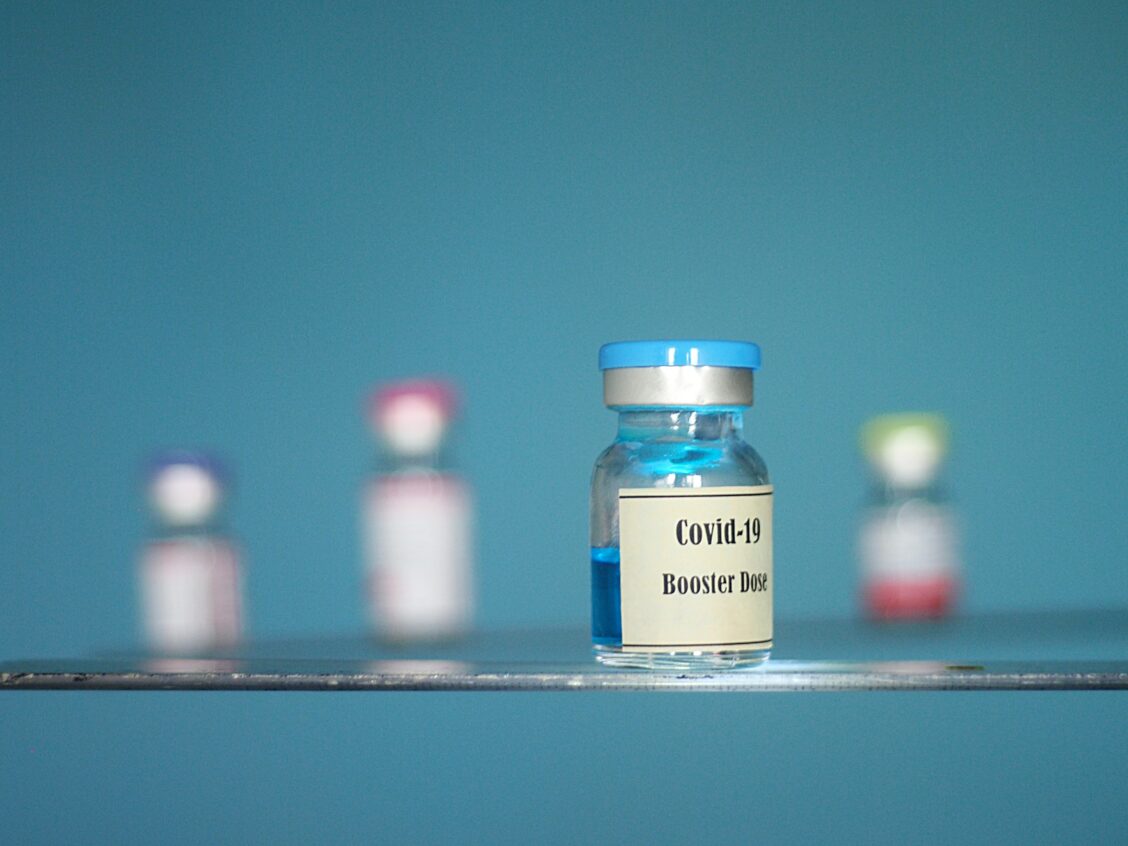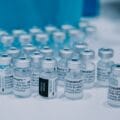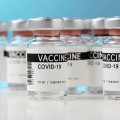November 4, 2021
As we head into a new phase of COVID-19 vaccine recommendations, I thought it would be helpful to provide a quick update on our current status. Below is a brief summary of eligibility for boosters and additional doses, preliminary results of an intriguing study on mixing and matching, and why you shouldn’t hesitate to get vaccinated.
Boosters have been approved for all three COVID-19 vaccines: Pfizer, Moderna, and Johnson & Johnson (J&J).
- J&J. A booster shot is recommended for everyone two months after receiving the initial dose – in essence, making it a two-dose vaccine. Current guidance points to an mRNA booster (Pfizer or Moderna) as the better option.
- Pfizer or Moderna. A booster shot is recommended at least 6 months after the initial two-dose series for people:
- 65 years and older OR
- Age 18 and older who live in long-term care settings OR
- Age 18 and older who have underlying medical conditions – now includes mental health conditions, OR
- Age 18 and older who work or live in high-risk settings.
- Note that all eligible individuals are now allowed to choose a different brand from their original vaccine as a booster.
For immunocompromised adults
- Moderately or severely immunocompromised adults ages 18 and up should get a third, full-volume shot 28 days after receiving the initial two-dose series of either Pfizer or Moderna.
- Six months after the third shot, get a booster dose of the Pfizer, Moderna or J&J vaccine.
Antibody testing
- Measuring the number of antibodies in our immune system does NOT tell the whole story and should not be relied on as proof of immunity.
- Even as the initial antibodies decline after a COVID-19 infection or vaccine, the memory cells store information about the original attack, react to a renewed threat and begin to stimulate the body to resume its defense. We anticipate research from NIH to be released at a later date on the effect of different vaccine boosters on memory cells, B cells, and T cells, which are not measured by an antibody test.
- The CDC recommends getting the vaccine regardless of antibody testing results.
- If you had COVID-19: you will still need the vaccine, because natural disease is not as protective. According to a recent study, unvaccinated people who have had COVID-19 are more than twice as likely to be reinfected with the virus compared with people who were fully vaccinated after contracting the virus. Wait 60 days after contracting the virus to get the vaccine; if you were treated for COVID-19 with monoclonal antibodies or convalescent serum, wait 90 days before getting the vaccine.
- You will also need the booster as it has proven to be highly effective in protecting you from other mutations that can occur, such as the recent surge in cases from the delta variant.
Mixing and matching boosters
- The good news is that any of the three FDA-approved COVID vaccines you choose for a booster will increase your immune protection; all worked well in neutralizing delta and beta variants; and no new safety concerns have emerged to date.
- It’s worth noting that a preliminary study from the National Institutes of Health (NIH) showed those who started with J&J saw a larger jump in antibodies with an mRNA booster, compared to a second J&J dose – 75 times higher with a Moderna booster, and 35 times higher after a Pfizer booster.
Vaccination remains the best way to protect yourself and others
- The COVID vaccine protects those who are most vulnerable: the very young, the elderly, the sick.
- It protects our community: Starting today, people must show proof of full vaccination to enter bars, breweries, wineries, distilleries, nightclubs and lounges in LA county, and on Nov. 8th, the city of LA will extend the vaccination mandate to other public places, including restaurants, movie theatres, gyms and hair salons.
- More people vaccinated means we are better equipped to combat the spread, stop mutations from developing and get back to normal. The latest approval of a pediatric COVID vaccine from Pfizer for children ages 5 to 11 shows enormous promise in getting us to that goal, safely and effectively. As with measles and polio, vaccination for all can help eradicate a deadly disease.
- The vaccine protects you: keep in mind that most COVID patients in Los Angeles ICUs are unvaccinated, and unfortunately now skewing younger, with an average of 51. The vaccine also prevents you from experiencing some of the most concerning long-term effects of COVID, including long-hauler syndromes and fibrosis of the lungs.
- The vaccines are safe: they have been extensively studied and tested, and to date, only a few types of health problems after vaccination have been found, all of which are rare.
- Anaphylaxis, or a severe allergic reaction, has occurred in a small number of people, and is treated immediately and effectively with medication.
- Thrombosis with thrombocytopenia syndrome (blood clots with low platelets) after getting the J&J vaccine is a rare adverse event, occurring at a rate of about 7 per 1 million vaccinated women between 18 and 49 years old; for women 50 years and older and men of all ages, this adverse event is even more rare.
- Cases of myocarditis and pericarditis in adolescents and young adults have been reported, but again, these are uncommon and the benefits of the vaccine outweigh the risks.
- Further proof of the vaccines’ safety was reported in a study of 11 million people, showing that people who were vaccinated against COVID-19 were also less likely to die from non-COVID related causes, compared to unvaccinated people. In addition, the study found no increased risk for mortality among COVID-19 vaccine recipients.
Stay safe and well,
Monica D. Sarang, MD





